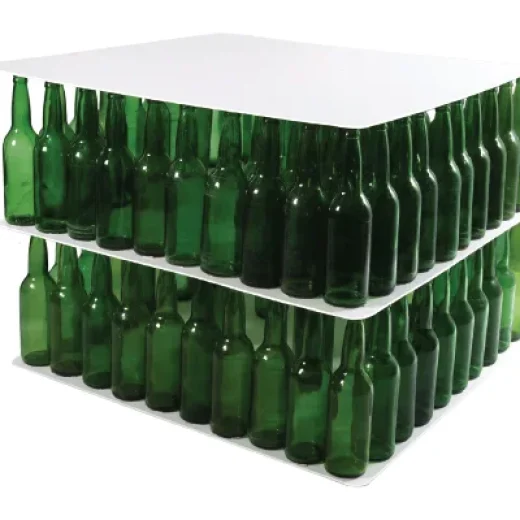On February 21, Indonesia commemorates National Waste awareness Day. This day is designated as an effort to raise awareness among the public about the importance of managing waste properly and preserving the environment.
History of National Waste awareness Day
Quoted from rri.co.id, National Waste awareness Day (HPSN) is a moment to remember the tragic event that occurred on February 21, 2005, at the Leuwigajah Cimahi Final Processing Site (TPA). The incident was caused by bad weather and the release of methane gas, resulting in the collapse of the waste pile at the TPA. This tragedy led to the loss of 157 lives. The history of National Waste awareness Day can be explained as follows:
- Year 2005: The idea to establish National Waste awareness Day first emerged in 2005. At that time, the Ministry of Environment of the Republic of Indonesia, along with various stakeholders, recognized the need for concrete efforts to address the increasing waste problem.
- Year 2006: Concrete steps were taken in 2006 when a national-level National Waste awareness Day event was organized. The event involved various activities such as educational campaigns, waste clean-ups at various locations, and the promotion of sustainable lifestyles.
- Year 2008: Seeing the success and positive response from the public to previous National Waste Awareness Day commemorations, the government officially designated February 21 as National Waste awareness Day.
- Every Year: Since then, every year, the people of Indonesia celebrate National Waste awareness Day with various activities, including tree planting, environmental clean-ups, waste management campaigns, and other educational initiatives.

The goal of National Waste awareness Day is to build awareness and shared responsibility in addressing waste issues and promoting a more sustainable lifestyle. Through this commemoration, it is hoped that the public becomes more aware of the negative impact of waste on the environment and health and actively participates in maintaining cleanliness and environmental preservation.
Efforts to sort and categorize waste are essential steps in supporting sustainable waste management. Using the ALVAboard Eco Bin as a tool for waste sorting is an effective way to empower individuals and families in sustainable practices. Here are some benefits and ways to be more mindful of waste distribution through the use of the Eco Bin:
- Minimizing Environmental Pollution: By sorting waste into appropriate categories, we can reduce environmental pollution as waste can be processed correctly. Organic waste can be used for compost, non-organic waste can be recycled, while hazardous waste (B3) can be processed using specific procedures.
- Optimizing Recycling: The use of the Eco Bin supports recycling practices. By sorting non-organic waste such as paper, plastic, and metal, we can improve efficiency in waste processing for recycling.
- Increasing Environmental Awareness: Having the Eco Bin at home, school, or workplace can increase awareness of the amount of waste generated. This can encourage individuals to reduce the use of disposable items and switch to more environmentally friendly products.
- Waste Management at Home: The Eco Bin is suitable for indoor use, such as at home, on campus, or in the office. It facilitates daily waste management and keeps it organized.
- Encouraging Community Participation: By providing a convenient and practical means for waste sorting, such as the ALVAboard Eco Bin, we can encourage community participation in better waste management.
It is important to continue educating the public about the benefits and importance of waste sorting and provide appropriate waste sorting solutions such as the ALVAboard Eco Bin. To promote environmental sustainability, let’s take action by purchasing ALVAboard Eco Bin on Shopee and Tokopedia!



